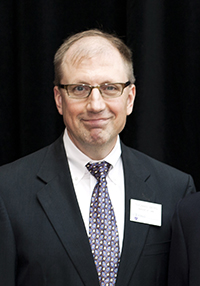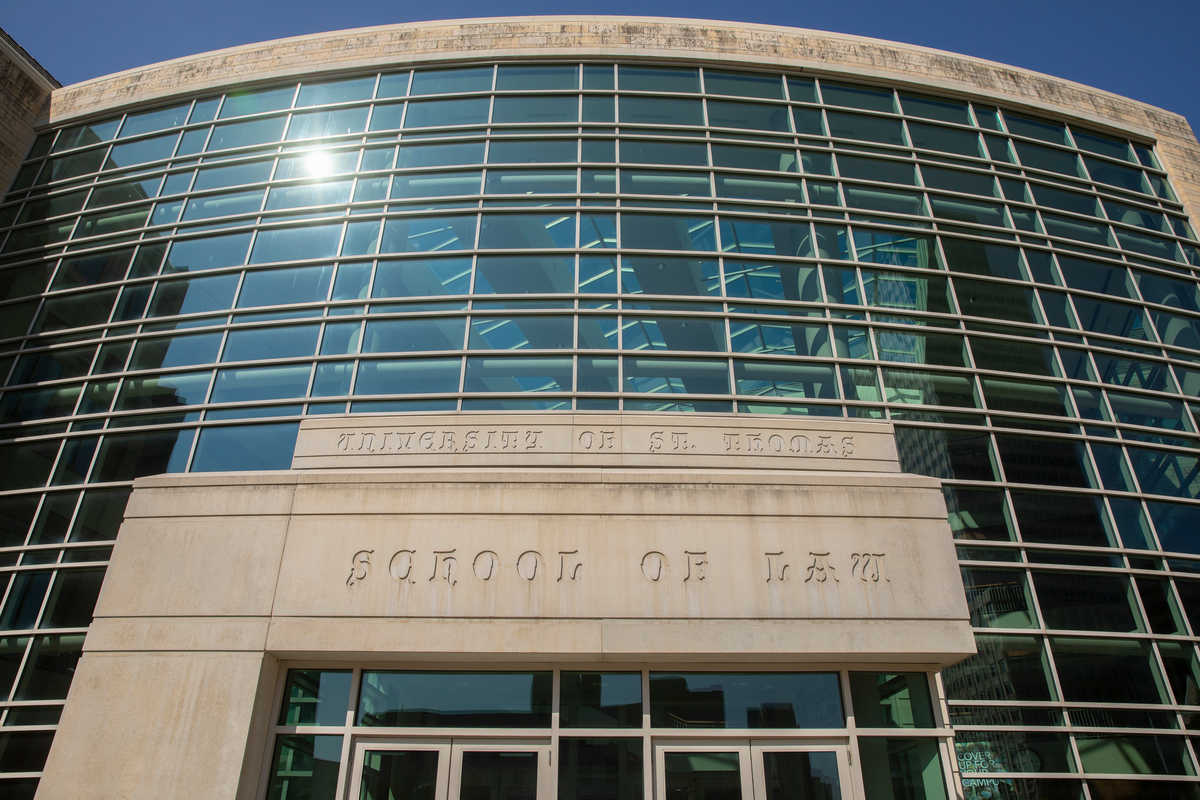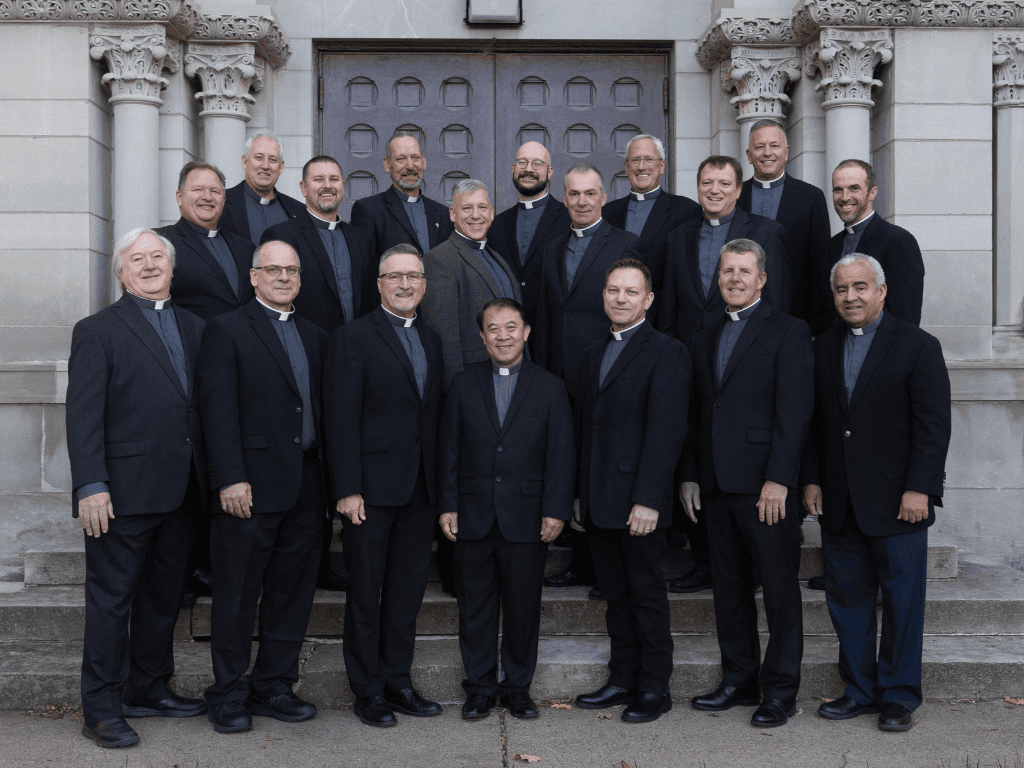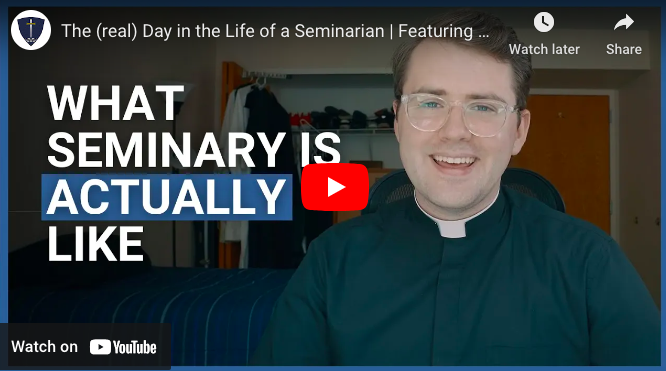The University of St. Thomas School of Law Religious Liberty Appellate Clinic has filed an amicus curiae brief in federal court InterVarsity Christian Fellowship v. Board of Governors of Wayne State University.

School of Law Professor Thomas Berg is director of St. Thomas' Religious Liberty Clinic, which drafted the brief in this case.
The brief argues that faith-based college and university student groups cannot be penalized for requiring that their leaders sign a statement of agreement with the group’s religious beliefs. It points out that Wayne State and other universities allow large-scale discrimination in leadership by sex-segregated fraternities and sororities, among other groups, while penalizing religious groups alone for requiring that their leaders adhere to the groups’ beliefs.
In 2017, InterVarsity Christian Fellowship was denied recognition as an official student club by Wayne State University, though it had been on campus since the 1940s. InterVarsity requires that its student leaders profess a Christian faith, which university administrators said was discriminatory and violated school policy.
InterVarsity filed a federal-court lawsuit against Wayne State in 2018 alleging violations of the First Amendment's religion, speech and assembly clauses; Fourteenth Amendment Equal Protection and Due Process; the Elliot-Larsen Civil Rights Act; and the Higher Education Act.
The Religious Liberty Appellate Clinic amicus brief, in support of InterVarsity, argues that religious groups, “cannot accomplish their respective missions without ensuring that their leaders embody their core religious beliefs.” It states that:
- Wayne State’s Nondiscrimination Policy singles out religion as the one animating belief or ideology that a student group cannot demand that its leaders share; and
- The university has also discriminated against religion by refusing to exempt religious groups from the policy while exempting or registering numerous comparable student groups, such as social fraternities and sororities, that also restrict leadership or membership based on otherwise prohibited grounds.
“The university has undercut its supposedly, broad interest in prohibiting student-group discrimination by allowing the 27 social fraternities and sororities on campus to discriminate based on sex in leadership and membership,” Professor Thomas Berg said, the Religious Liberty Clinic’s director. “Universities are hypocritical in attacking small religious groups for what the universities call discrimination, while allowing a massive hole in their policy for Greek organizations.”

Third-year St. Thomas law students Allie Cole and Garrett Stadler wrote drafts of the brief, with editing by Berg.
Third-year St. Thomas law students Allie Cole and Garrett Stadler wrote drafts of the brief, with editing by Berg. Co-counsel on the brief, along with the clinic, are Kimberlee Wood Colby and Reed N. Smith of the Christian Legal Society's Center for Law & Religious Freedom and Timothy W. Denney of the Michigan law firm Rickard, Denney, Garno, Leichliter & Childers.
A ruling by the Michigan federal court is anticipated in early 2021.
Religious Liberty Appellate Clinic
The Religious Liberty Appellate Clinic is one of 14 legal clinics at the University of St. Thomas School of Law. The clinic’s primary clients are national civil liberties organizations and national religious organizations. Each year St. Thomas law students apply to participate in the clinic and, under the guidance of Berg, write appellate briefs – primarily amicus curiae briefs – in cases involving religious liberty in the U.S. Supreme Court, lower federal courts and state appellate courts. The clinic supports religious freedom for all faiths and has filed briefs on behalf of Muslim, Jewish, and Christian adherents and groups.







